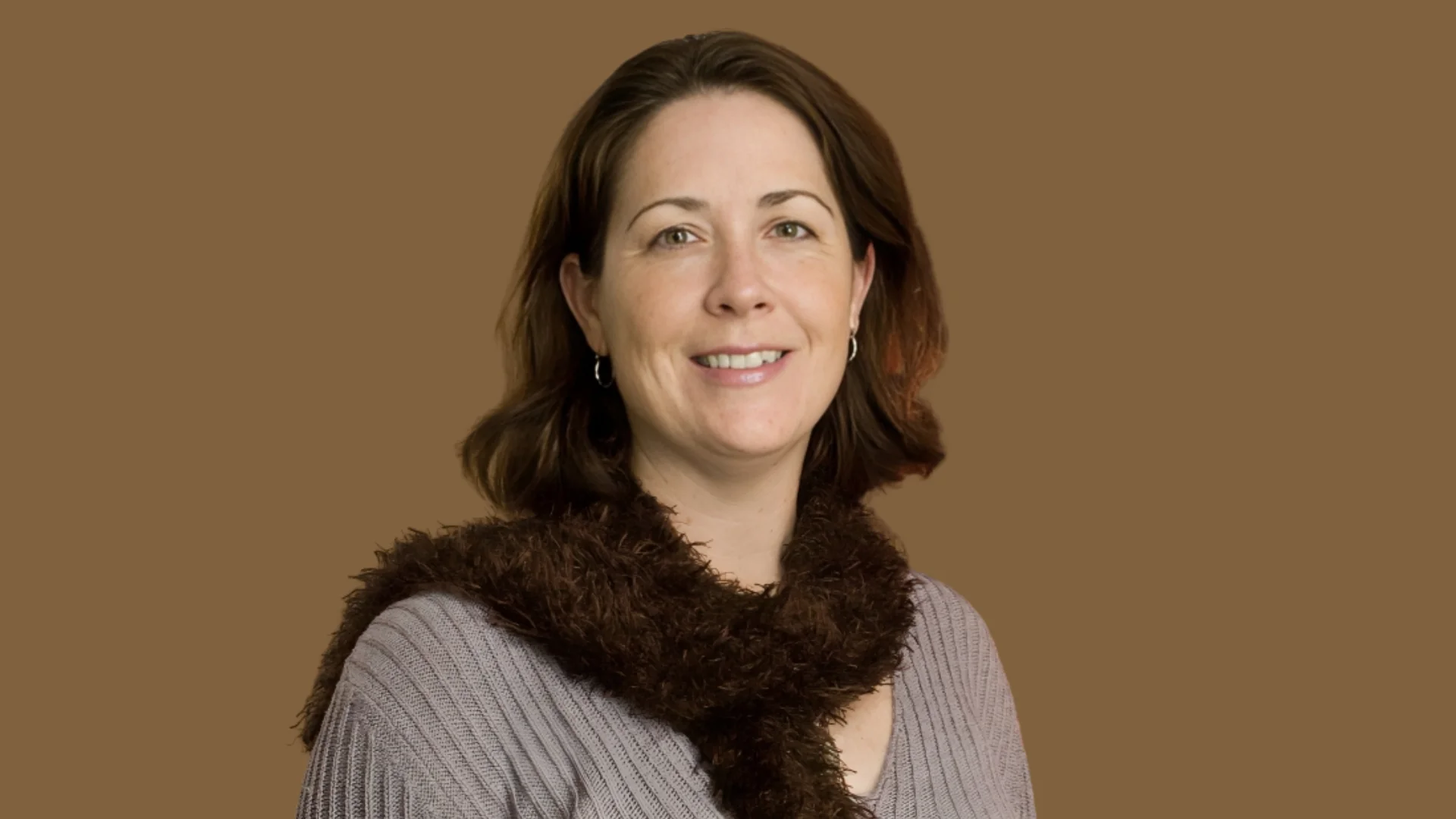
After the devastating floods in Texas on July 4, children returning to school may face new challenges as they process grief and loss. According to Dr. Laurel Williams, professor in the Menninger Department of Psychiatry and Behavioral Sciences at Baylor College of Medicine, children's reactions to grief can vary widely depending on their age.
Dr. Williams explained that young children under five years old might return to normal routines more quickly due to their limited understanding of time and death. In contrast, elementary school-aged children could show physical symptoms such as headaches or stomachaches and may avoid activities they once enjoyed out of anxiety or fear for their safety. Adolescents are likely to display more persistent sadness if they lost someone close to them.
“You know your own child, and if something doesn’t seem the same with your child, that’s a good marker for a parent to wonder what’s going on and check in. Ask open-ended questions,” said Dr. Williams.
She stressed that grieving is a natural response: “Be clear that grief is normal. Grief isn’t something we pathologize and say, ‘You have to go see a mental health specialist if you’re grieving,’” Williams said. “We want to be careful to not push grief aside because someone is crying or seems distressed.”
For children who already deal with mental health concerns, significant events like the floods can worsen symptoms such as anxiety or worry. Parents should communicate any changes with therapists but do not necessarily need immediate changes in treatment plans—allowing space for grief is important.
“Trauma and grief are not the same thing. We don’t recommend starting to work on trauma the first six to eight weeks after an event because there is a process unfolding. Treatment for trauma too early can be counterproductive,” she said.
Williams advised parents that maintaining daily routines helps provide stability and reassurance following traumatic events. She also emphasized the importance of remembrance: “Remembrance is an important part of grief,” Williams said. “Do things that are purposeful that helps honor the memory of the person and keeps them close to you. Do things that would help you activate your happy memories of the person versus just the memories of their death.”
Support from community groups was highlighted as especially helpful for grieving children, particularly those mourning siblings or classmates lost in recent tragedies. Williams noted that experiencing grief over several weeks or months does not always indicate a disorder; support groups can offer valuable connection for affected youth.
“People have an enormous capacity to be helpful if you let them. Parents who feel overwhelmed: let your community help you. Community can give so much, and you can give back as well,” Williams said.